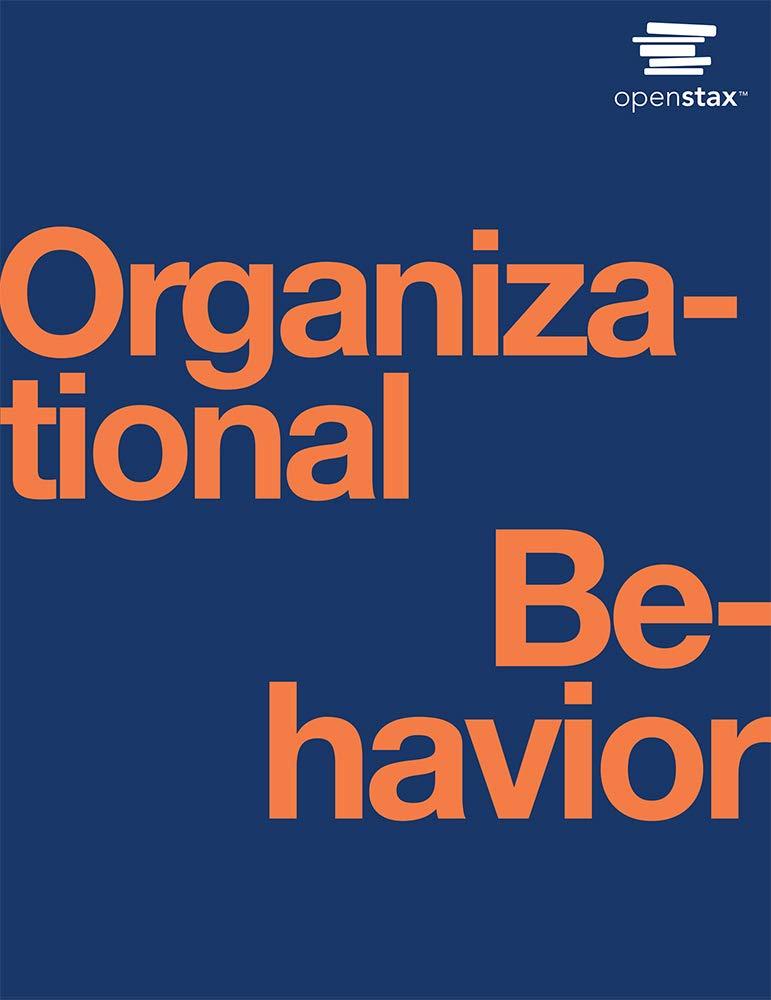It is relatively easy to see the power of managers. They often have the ability to hire
Question:
It is relatively easy to see the power of managers. They often have the ability to hire and fire, make important decisions, sign contracts, spend money, and so forth. They are, in fact, powerful entities within a corporation. What may be less apparent, however, is the power that managers’ executive or administrative assistants (EA) often have. In fact, if you want to discover just how powerful secretaries are, think of what would happen if they were not there. Most paperwork would not get done, many important decisions would not be made, and the organization would eventually grind to a halt.
The EA is intertwined with a very important piece of privileged information and requires the person to be highly detail oriented and have incredible soft skills and to be more than just technologically savvy. Many tech companies are paying top dollar to procure the right person for the job. Base salaries for executive assistants in the Bay area have been reportedly starting at $80–100K base.
Highly skilled EAs have become increasingly hard to recruit and retain, causing their power to increase. Despite the salary, there is often a negative connotation with the role of “assistant.” “There's definitely a stigma” about the title, says 32-year-old Shana Larson, one of four EAs at Pinterest, the San Francisco visual discovery company. But for Shana, who holds a master’s degree from the University of Southern California, after the initial transition period, she felt that it was the best career decision to make—a long term career with growth opportunities.
EAs represent a true example of counterpower within the organization. Yes, their bosses have power over them; but at the same time, they have considerable power over their bosses. Secretaries—the word is derived from the Latin word meaning “keeper of secrets”—are often privy to considerable confidential information. They routinely handle private calls, correspondence, and reports. They often serve as the manager’s sounding board for new ideas, and they more than likely know how the boss feels about coworkers and superiors. This knowledge, along with stereotypes, stigmas, and increased scarcity, gives high-quality EAs considerable leverage in dealing with their bosses and their organizations.
Questions:
1. As a new manager who receives an assistant, what are important considerations to consider when starting in the role?
2. What other stigmas or stereotypes can occur with support roles in the workplace? How does this affect your personal feelings about taking a support role for a company in the future?
3. Why is it important for CEOs and other organizational powers to understand the innate power of an administrative assistant as part of the holistic picture to understand the company environment as a whole?
Step by Step Answer:






